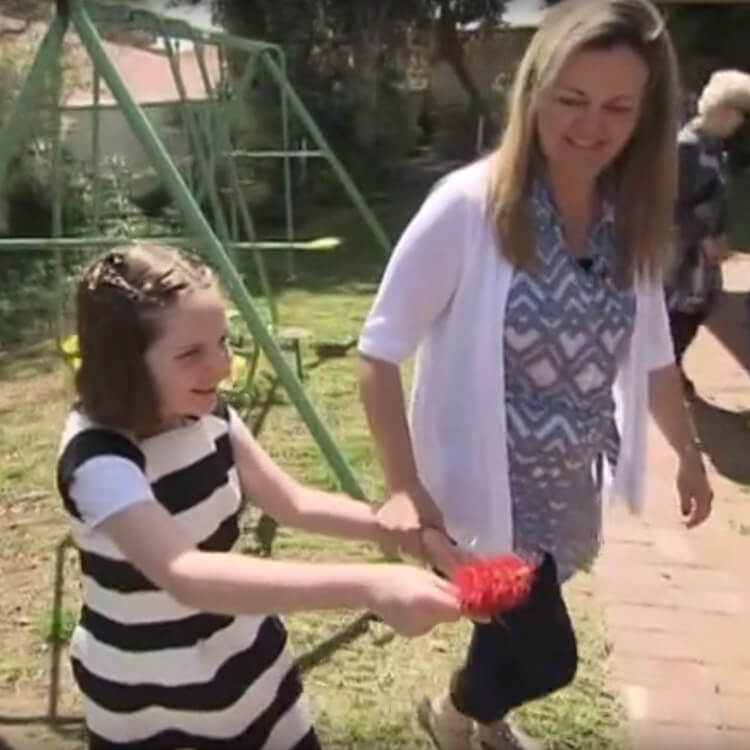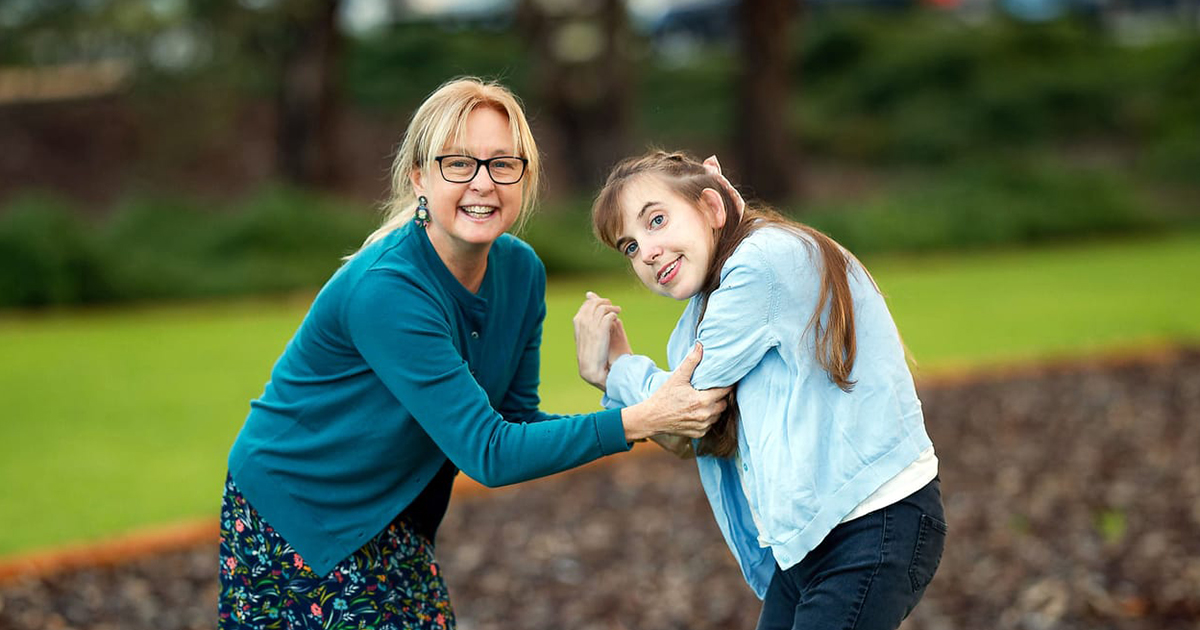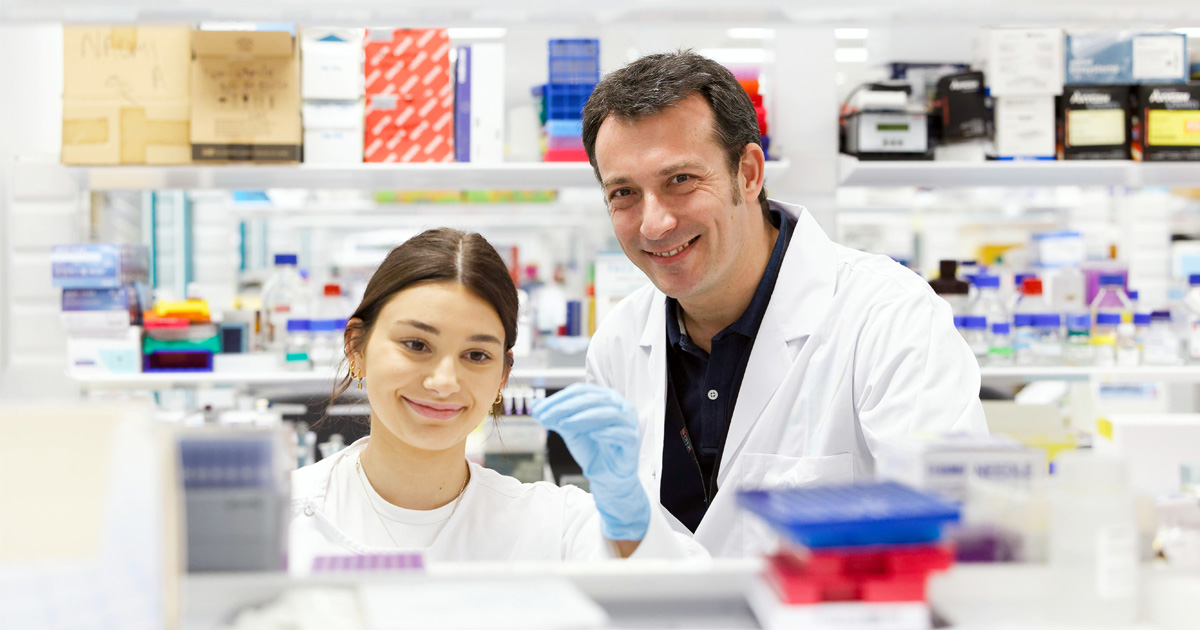Search
Research
Comparing home polysomnography with transcutaneous CO2 monitoring to laboratory polysomnography in children with neuromuscular disordersClinical utility of home polysomnography in children with neuromuscular disorders is limited by lack of evidence that sleep-disordered breathing can be reliably identified and inability to diagnose hypoventilation because carbon dioxide is not measured.

News & Events
Perth researchers unlocking mystery of rare seizure diseaseResearchers at The Kids Research Institute Australia are one step closer to finding better treatments for a rare disease causing children to have multiple seizures a day.

News & Events
Folate researcher awarded for work to prevent birth defectsProfessor Carol Bower has received the prestigious ICBDSR Distinguished Service Award for her work on birth defects - a career that spans 35 years.

News & Events
Driving change for children with disabilityToday marks International Day of People with Disability (IDPwD), a United Nations initiative that encourages communities around the world to deepen their awareness, understanding and acceptance of people with disability.

News & Events
Pioneering new treatments for leukaemia in children with Down syndromeA team of world-leading scientists has secured $5 million in funding from the Leukaemia and Lymphoma Society to advance the fight against leukaemia in children with Down syndrome.
Research
Devising a Missing Data Rule for a Quality of Life Questionnaire - A Simulation StudyThe aim of this study was to devise an evidence-based missing data rule for the Quality of Life Inventory-Disability (QI-Disability) questionnaire specifying how many missing items are permissible for domain and total scores to be calculated using simple imputation.
Research
Participation predictors for leisure-time physical activity intervention in children with cerebral palsyTo determine the predictors of magnitude of change in response to a participation-focused leisure-time physical activity intervention in children with cerebral palsy (CP) using the ParticiPAte CP protocol.
Research
Discovery of 42 genome-wide significant loci associated with dyslexiaReading and writing are crucial life skills but roughly one in ten children are affected by dyslexia, which can persist into adulthood. Family studies of dyslexia suggest heritability up to 70%, yet few convincing genetic markers have been found.
Research
Improving clinical trial readiness to accelerate development of new therapeutics for Rett syndromeRett syndrome is associated with severe functional impairments and many comorbidities, each in urgent need of treatments. Mutations in the MECP2 gene were identified as causing Rett syndrome in 1999. Over the past 20 years there has been an abundance of preclinical research with some studies leading to human clinical trials.
Research
Can Wearable Inertial Measurement Units Be Used to Measure Sleep Biomechanics? Establishing Initial Feasibility and ValidityWearable motion sensors, specifically, Inertial Measurement Units, are useful tools for the assessment of orientation and movement during sleep. The DOTs platform (Xsens, Enschede, The Netherlands) has shown promise for this purpose. This pilot study aimed to assess its feasibility and validity for recording sleep biomechanics.
